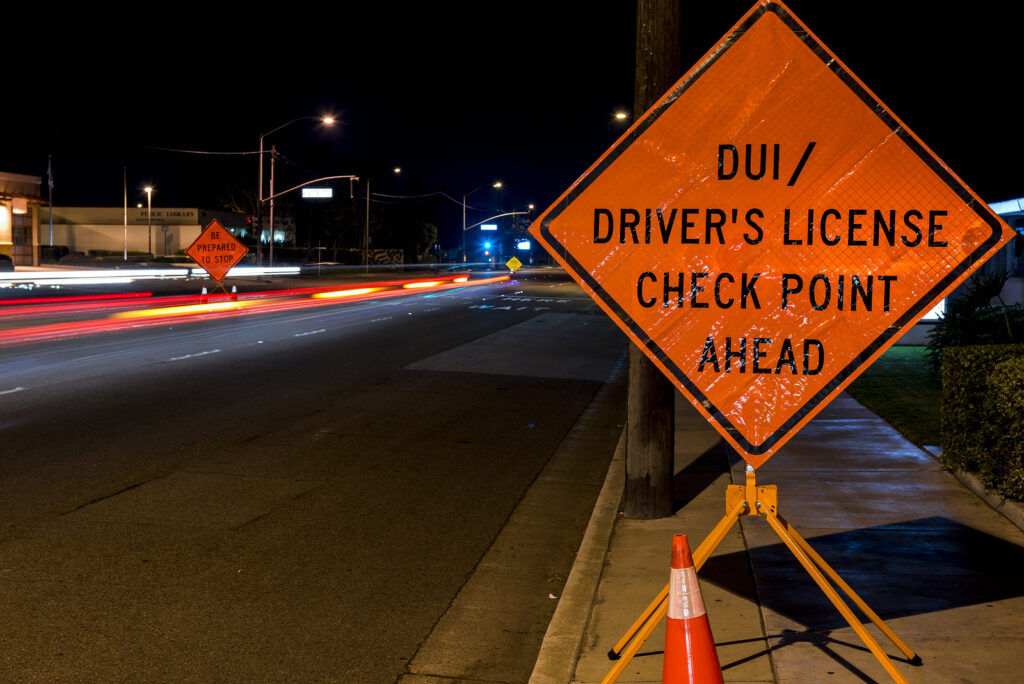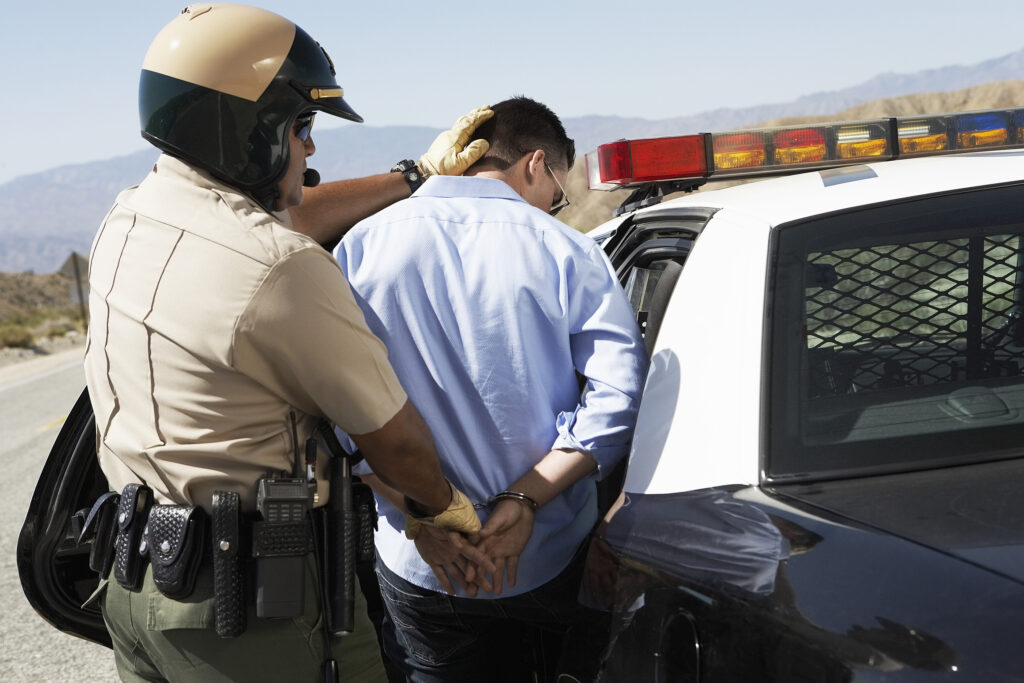
What Are Your Rights at a DUI Checkpoint in Pennsylvania?
YouTube and countless other websites are littered with shaky cell phone videos of people challenging police officers at DUI checkpoints.
While you’re probably not looking to spend your time seeking out checkpoints in Pennsylvania and challenging their constitutional validity, it’s important you understand your rights in these roadblock situations and know what actions you should take before calling a DUI lawyer to assist you further.
Drivers’ Rights at a DUI Checkpoint
Like it or not, DUI checkpoints are legal and quite common — but that doesn’t mean they can’t be contested with a skilled Philadelphia DUI attorney. In fact, they’re legal in 38 states. Locally, law enforcement officials conduct them all the time. Some specific state stats. In Pennsylvania, cops conduct hundreds of DUI checkpoints a year, and their legality has been upheld under the state and federal constitutions.
These checkpoints are designed to give police a chance to have a brief conversation with motorists, check for intoxication, look inside the vehicle and check license and registration.

Many drivers choose to submit to this brief interaction and get on their way.
If you chose to refuse to answer questions, the National Motorists Association suggests cooperating with officers by rolling down your window, then presenting them with a printed Assertion of Rights. Here’s an example, taken from motorists.org:
Officer, please understand:
- I refuse to talk to you until I consult with my attorney. I also refuse to consent to any search of these premises or any other premises under my control, or in which I have a possessory, proprietary, or privacy interest, including my car, my body, or effects. I hereby demand to immediately be allowed the reasonable opportunity to obtain the advice of my attorney by telephone.
- I desire to exercise all my rights guaranteed by the Constitution of the United States and the Constitution of this State, to be free from your interference with my person or affairs.
- If you attempt to question me, I want my lawyer present. I refuse to participate in any line-up or to perform any physical acts, or to speak or display my person or property at your direction, without first conferring with my lawyer.
- If I am under arrest, I wish to invoke and exercise my Miranda rights. If you ignore my exercise of these rights and attempt to procure a waiver, I want to confer with my lawyer prior to any conversations with you.
- If I am to be taken into custody, removed from my present location, or separated from my property, I request a reasonable opportunity to make arrangements to secure my own property. I do not consent to any impoundment or inventory of my property. I do, hereby, waive any claim of liability for loss, theft, or damage against you, your superiors or any other authority, and agree to hold all harmless therefrom, if I am afforded the reasonable opportunity to arrange for the safekeeping of my own property. If this reasonable opportunity is denied or is unavailable, I demand that only such intrusion occur as is minimally necessary to secure such property, hereby waiving any claim of liability for your failure to scrutinize the property or its contents prior to it being secured.
- If I am not under arrest, I want to leave. If I am free to leave, please tell me immediately so that I may go about my business.
Best bet: Whether you chose to comply with the officer’s request for information, provide an Assertion of Rights or remain silent until you are free to go, be courteous and professional to the officer.

Field Sobriety Tests and Implied Consent Laws in Pennsylvania
If the officer at the checkpoint suspects you’re under the influence, he or she may ask you to perform a field sobriety test.
Technically, you can refuse to submit to the test. However, Pennsylvania has “implied consent” laws. When you get your license, you are giving your consent to submit to field sobriety tests. Refusing to give your consent at a checkpoint or when you’re pulled over could result in a suspension of your license.
Attempting to Avoid a Checkpoint
Another word of advice for motorists approaching a DUI checkpoint. Police closely monitor the area leading up the stopping point, so pulling a U-turn is probably not a good idea. You’re likely to be pulled over and get special attention from the police.
Some law enforcement agencies are taking this idea one step further by setting up “drug checkpoints” and posting a sign alerting motorists that one is coming up. These checkpoints are illegal, but officers will watch for drivers tossing stuff out the window or making U-turns.
Pennsylvania DUI Lawyers Offering Free Consultations
If you or someone close to you is facing a DUI/DWI charge, an aggressive DUI defense lawyer may be all that stands between you and a life-altering conviction. Call our law offices today to get the help and peace of mind you need during this trying time in your life. We’ve handled more than 10,000 criminal cases across Pennsylvania. Call today — we have 24-hour availability.





